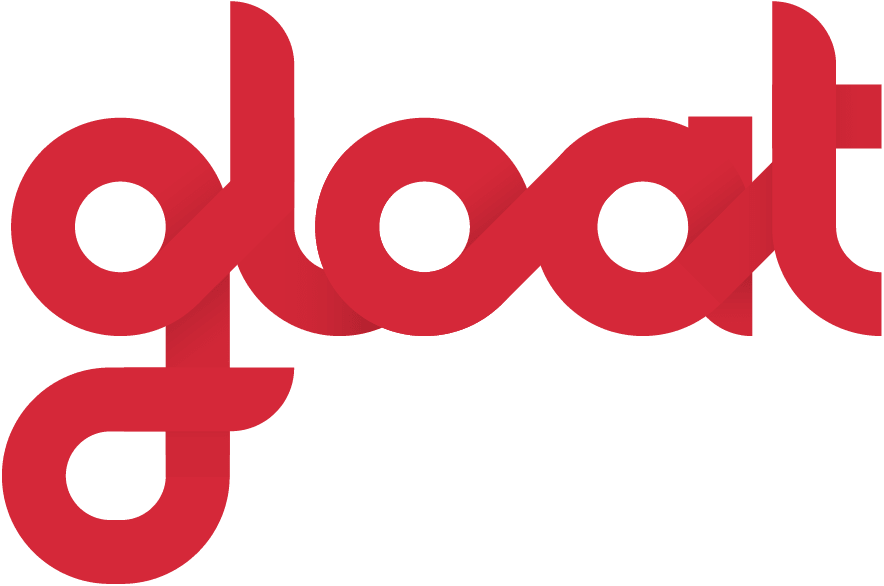4 workplace mentorship benefits leaders can’t ignore
Why co-learning schemes are a must in the new world of work

If you think mentoring is just about making friends at work, it’s time to think again. While mentorship programs often lead to a more connected workplace culture, impactful strategies are also a powerful way to boost skill-building and empower employees to achieve their full potential.
Now that executives have set their sights on building critical competencies as their top priority, businesses can’t afford to leave mentoring out of their upskilling and reskilling strategy. A lack of expertise is already leading to roadblocks, as Gartner estimates that 58% of the workforce needs new skills to get their jobs done.
Rather than sitting back and watching knowledge gaps widen, leaders must architect skill-building initiatives to prepare their workforce for future challenges while keeping employees engaged. And that’s exactly where a skills-focused workplace mentorship program comes into play.
What is workplace mentoring?
Most people know that traditional mentorships describe a relationship in which a more junior employee gains experience and knowledge from a colleague who is further along in their career. While this mentoring system is certainly impactful, it’s far from the only way to approach workplace mentorships.
There are a few different types of mentee-mentor relationships that leaders should consider for their workplace mentoring plans, including:
- One-on-one: Employees who will be sharing their skills and expertise (mentors) are matched with colleagues looking to gain experience (mentees), either through a program or on their own. Mentee-mentor pairs participate in a mentoring relationship that follows a structure and timeline outlined by their organization.
- Group mentoring: A single mentor is matched with a cohort of mentees as part of a program that is structured to provide each mentee with individualized guidance from the same mentor.
- Reverse mentoring: In reverse mentoring, a junior team member exchanges skills, knowledge, and understanding with a colleague who is more senior, but is looking to build capabilities in a field that the junior peer has more experience with.
4 game-changing workplace mentorship benefits
From cultivating a connected culture to boosting skill-building, the benefits of a workplace mentorship program are broad and far-reaching. Some of the most important advantages include:
#1. Improving employee retention
When employees feel like they have someone advocating for them at work, it will be a lot harder to choose another job over your organization. However, Harvard Business Review reveals there’s a serious disconnect between the value employees place on mentorship and how satisfied they are with their organization’s current setup. On a scale of 1-5, managers ranked the importance of workplace mentorship as a 4 but rated their employer’s current offerings at just a 2.5.
#2. Strengthening company culture
Mentoring gives employees the chance to build connections with colleagues they may not normally have the chance to work with. It can also improve cross-functional collaboration, as employees will gain greater insight into how other teams work and what they’re looking to achieve.
#3. Promoting diversity and inclusion
Nearly 1 in 2 CEOs view building a diverse, equitable, and inclusive workforce as one of their organization’s top challenges. Mentoring programs can move the needle by increasing the presence of groups that are typically underrepresented and democratizing access to career development opportunities. One study found that mentoring, in comparison to other tactics such as trainings and job tests, increased representation among managers in the workplace by up to 24%.
#4. Enhancing engagement and satisfaction
Many employers struggle to crack the code for creating a compelling employee experience. Fortunately, mentoring could be a key part of the solution, since more than 9 in 10 employees who have a mentor at work report feeling satisfied with their jobs. These team members are likely to feel more valued for their contributions and receive personalized guidance about building a future with their organization.
Why skills-based workplace mentorships pay off
While any workplace mentorship program is beneficial, all strategies are not created equally. Now that building critical competencies sits at the top of most priority lists, leaders should go the extra mile to ensure mentoring programs are rooted in the skills employees have and those they want to learn.
Rather than letting seniority level or role dictate mentorship pairings, skills-based plans match mentees to mentors based on shared career goals and related expertise. To do this effectively, leaders must have a single source of truth for workforce skills that sheds light on all of the knowledge and competencies within their organization.
How to take mentoring to the next level with a workplace agility platform
In years past, taking a skills-based approach to mentoring was challenging because organizations lacked insight into what skills their workforce had and the competencies they needed to develop. Most efforts to keep tabs on workforce skills were manual, which meant that these systems quickly became out of date whenever employees learned something new. As a result, most workplace mentoring schemes were more of a guessing game than a strategic initiative rooted in skills.
However, the rise of workforce agility platforms is putting the concept of a skills-based mentoring initiative well within reach. By tapping into the tool’s Workforce Intelligence for dynamic insights and recommendations from harmonized data sources, leaders can gain the information they need to make mentoring pairings that bring out everyone’s best. Employees can then harness the platform’s talent marketplace to take skill-building to the next level by applying for relevant projects, gigs, and volunteering opportunities.
Now that skills are in the spotlight and businesses are striving to empower employees to achieve their full potential, mentoring will become an essential tool for enhancing upskilling and reskilling efforts. To find out more about how workforce agility platforms can transform mentoring, learn how the tool enables leaders to grow and develop their people.







